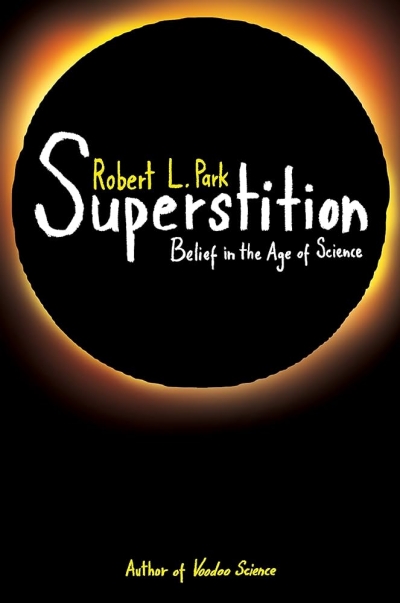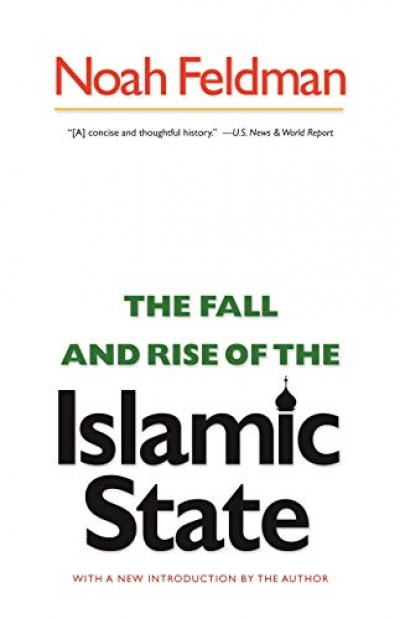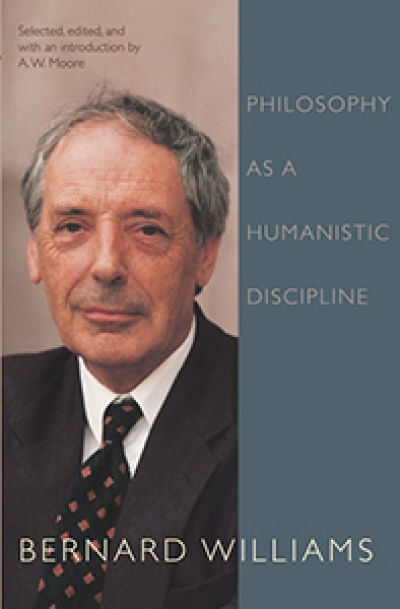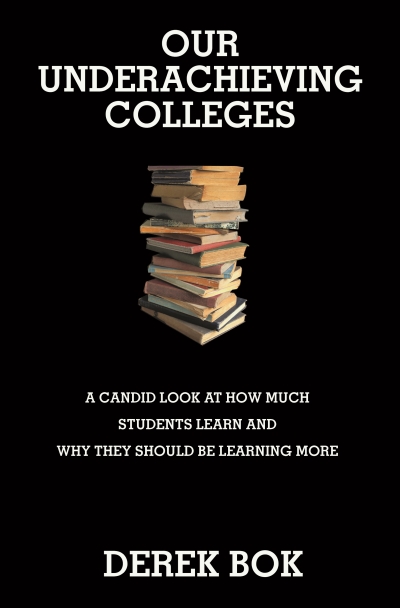Princeton University Press
Islamism and Democracy in India: The transformation of Jamaat-e-Islami by Irfan Ahmad
by Greg Barton •
Philosophy as a Humanistic Discipline by Bernard Williams & The Sense of the Past by Bernard Williams
by Christopher Cordner •
Our Underachieving Colleges: A candid look at how much students learn and why they should be learning more by Glyn Davis
by Glyn Davis •








